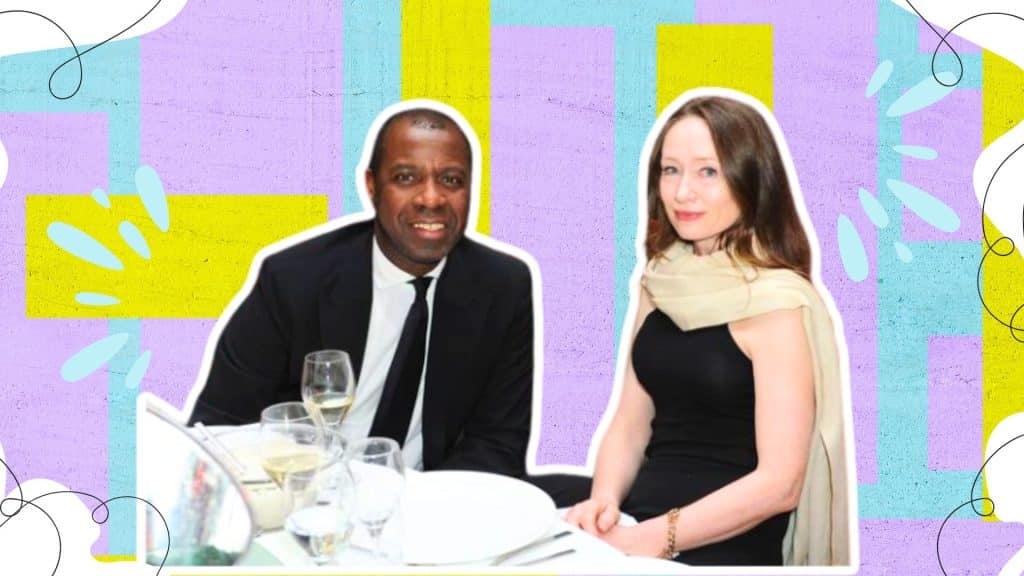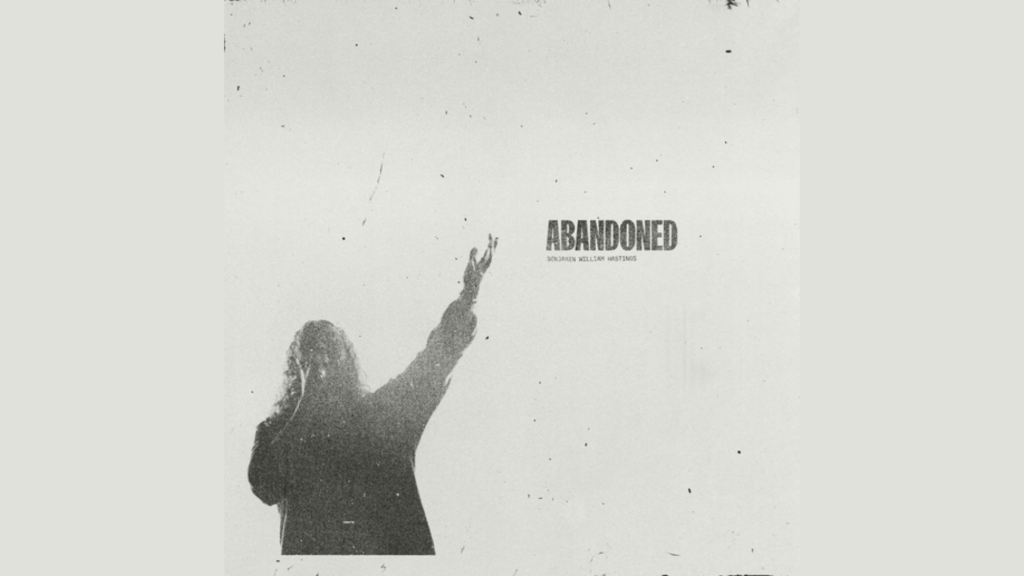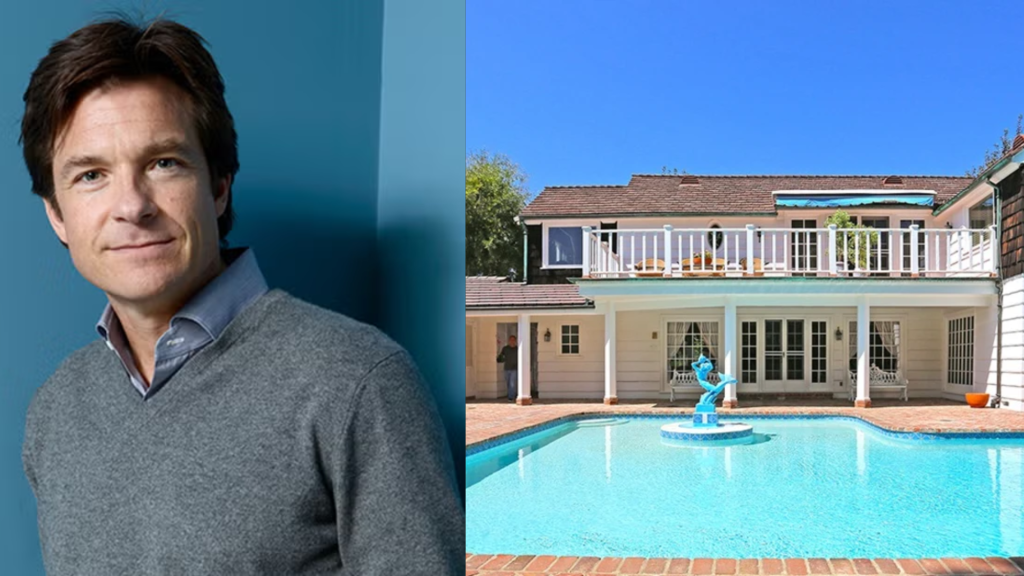When someone marries a well-known person, their life changes.
They face new challenges and opportunities that come with being in the public eye.
This is true for Catherine Myrie, the wife of renowned BBC journalist Clive Myrie. While many people are curious about her story, the details of her evolution are not widely known.
In this blog post, we’ll explore the key moments in Catherine Myrie’s life, from her early years to her current role as a successful businesswoman.
You’ll understand her journey and how she has adapted to the unique circumstances of being married to a public figure.
Early Life and Background of Catherine Myrie
| Attribute | Details |
|---|---|
| Full Name | Catherine Myrie |
| Year of Birth | 1977 |
| Age (as of 2023) | 46 years old |
| Place of Birth | The United States |
| Current Residence | North London, England |
| Ethnicity | White |
| Religion | Christianity |
| Sexuality | Straight |
| Hair Color | Brown |
| Eye Color | Brown |
| Marital Status | Married |
| Husband | Clive Myrie (British journalist) |
| Profession | Upholsterer and Furniture Restorer |
| Notable Projects | Restoring furniture for the Royal Albert Hall and Royal Opera House |
| Additional Activities | Offers restoration classes |
Catherine Myrie was born in 1977 in the United States.
Growing up in America in the late 1970s and 1980s likely exposed her to a culture that valued individuality and encouraged the pursuit of one’s passions.
This environment may have shaped her future career choices and personal values.
Despite being married to a well-known public figure, details about Catherine’s family and educational background are not widely known.
This lack of information might intrigue readers, suggesting a private nature contrasting her husband’s public persona.
Speculation on Influence
While the specifics of Catherine’s early life are not public, it’s possible to speculate on how her undisclosed experiences may have shaped her values and career path.
For example, growing up in a supportive family that encouraged creativity and hands-on skills could have laid the foundation for her later pursuits in upholstery and furniture restoration.
Similarly, a strong educational background might have instilled a lifelong love of learning, eventually leading her to offer restoration classes to others.
Professional Journey of Catherine Myrie
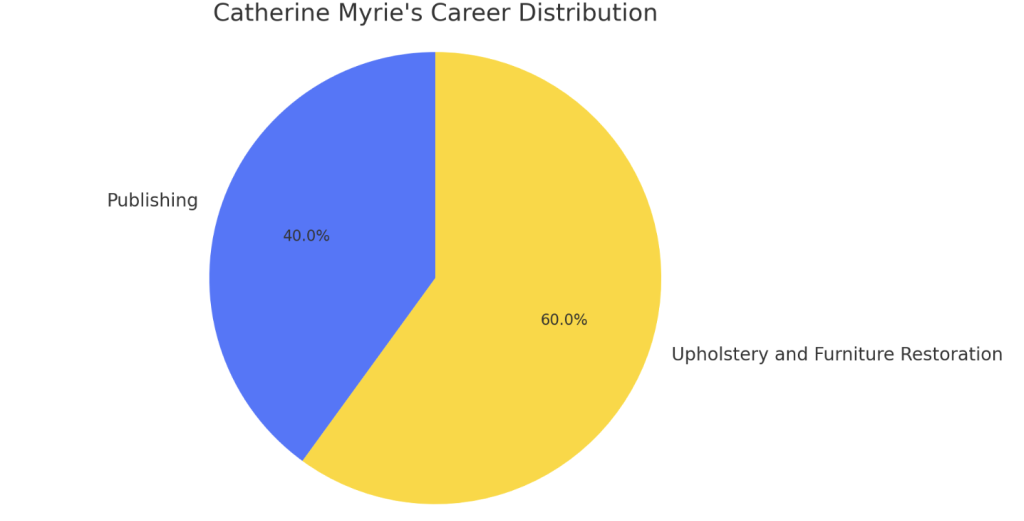
1. Initial Career in Publishing
Catherine began her professional journey in the publishing industry.
This experience likely gave her valuable skills such as attention to detail, project management, and understanding market trends. These skills would later prove useful in her transition to upholstery and furniture restoration.
Several factors could have influenced Catherine’s decision to shift away from publishing.
Perhaps she developed a growing interest in hands-on craftsmanship or noticed a gap in the quality furniture restoration services market.
Changes in the publishing industry might also have prompted her to explore new career paths.
2. Transition to Upholstery and Furniture Restoration
Catherine’s transition to upholstery and furniture restoration was likely driven by personal passion and professional opportunity.
The hands-on nature of the work and the satisfaction of restoring beautiful pieces may have appealed to her creative side.
Additionally, she might have identified a demand for these services that weren’t being met in her local market.
Catherine would have needed to acquire a range of new skills to succeed in her new field.
This likely involved a combination of formal education, such as attending workshops or earning certifications, and hands-on learning through apprenticeships or self-directed practice.
Developing expertise in reupholstering, wood refinishing, and antique restoration would have been essential to establishing her credibility in the field.
3. Establishment of Her Own Furniture Restoration Business
After gaining the necessary skills and experience, Catherine began entrepreneurship by founding her furniture restoration business.
This decision may have been influenced by factors such as a desire for creative control, the identification of a specific market niche, or the encouragement of family and friends.
Like many new businesses, Catherine’s venture likely faced some initial challenges.
These could have included difficulties in attracting clients, sourcing materials and tools, or finding affordable workspace.
However, her determination and the quality of her work would have helped her overcome these obstacles and establish a reputation in the industry.
4. Specialization in Antique and Vintage Furniture
A combination of personal interest and market demand likely influenced Catherine’s decision to specialize in antique and vintage furniture restoration.
By focusing on this niche, she could differentiate herself from competitors and attract clients who valued the unique skills required to work with older pieces.
As Catherine completed more projects and word of her expertise spread, her reputation in the antique and vintage furniture restoration niche would have grown.
Satisfied clients would have referred others to her, and she may have received media attention or invitations to participate in industry events.
Consistently delivering high-quality work and using techniques that respected the original craftsmanship of each piece would have been key to building her standing in the field.
5. Notable Projects and Client Mentions
Some of Catherine’s most notable projects have included restoring chairs for prestigious venues like the Royal Albert Hall and the Royal Opera House.
These high-profile commissions would have required exceptional skill and the ability to work within the constraints of each organization’s needs and timelines.
Completing these projects would have been a testament to Catherine’s expertise and professionalism.
6. Introduction of Restoration Classes
After establishing herself as a successful furniture restorer, Catherine decided to share her knowledge with others by offering restoration classes.
This expansion into education was likely motivated by a desire to pass on her skills and contribute to the preservation of traditional craftsmanship.
Teaching would have also provided a new revenue stream for her business and helped raise its profile in the community.
Catherine’s restoration classes were likely structured to provide a hands-on learning experience for participants.
Small class sizes would have allowed for individualized attention and ensured that each student had the opportunity to practice techniques under Catherine’s guidance.
The popularity of these classes and positive feedback from participants would be a testament to Catherine’s teaching abilities and the value of the skills she imparts.
By offering these classes, Catherine shares her expertise and helps ensure that the art of furniture restoration continues to thrive.
Marriage and Personal Life of Catherine Myrie
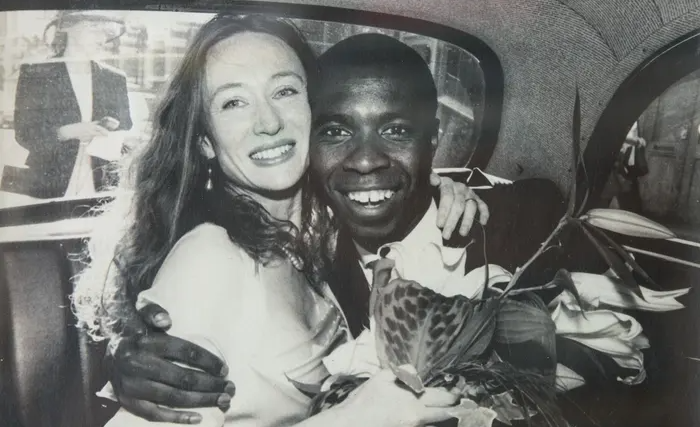
1. Meeting Clive Myrie
In 1992, at a book launch event in London, the air was filled with the aroma of freshly printed pages and the buzz of literary conversations.
Amidst this setting, Catherine, who was then working in publishing, met Clive Myrie. The launch of a book about Swiss cheeses might seem an unlikely place for a romantic connection, but it was here that their story began.
While details about their first impressions are scarce, one can imagine the spark of interest that drew them together.
Perhaps this meeting was memorable because of a shared love of literature, an engaging conversation, or a sense of connection.
2. Marriage in 1998
Six years after their initial meeting, Catherine and Clive married at the historic Corpus Christi Catholic Church in Covent Garden.
The church, known for its beautiful architecture and rich history, provided a stunning backdrop for their union.
The choice of Corpus Christi Catholic Church for their wedding suggests a connection to faith and tradition.
The location in Covent Garden, a vibrant cultural hub, might also reflect their shared love for the arts and city life.
While specific details of the ceremony are not public, one can envision a heartfelt exchange of vows and the support of family and friends.
3. Decision Not to Have Children
Catherine and Clive made the conscious decision not to have children.
This choice was influenced by the demands of Clive’s career as a journalist, which involves frequent travel and unpredictable schedules.
They recognized that this lifestyle might not be conducive to providing the stable environment they would want for a child.
This decision reflects a deep understanding and respect for each other’s goals and lifestyles.
It suggests a partnership where individual aspirations are valued and both parties are willing to make choices supporting their shared vision of life.
4. Current Residence in North London
The couple currently resides in North London, which is known for its vibrant neighborhoods and cultural diversity.
Their choice of North London as a home base might reflect a desire to balance city life and residential comfort.
The area’s rich history and architecture could appeal to Catherine’s love of vintage aesthetics, while its proximity to media hubs might suit Clive’s career needs.
5. Insights into Her Support for Clive’s Career and Personal Dreams
Catherine has been a constant source of support for Clive throughout his career.
Clive has publicly acknowledged that she has given him the “courage and space to pursue his dreams.” This suggests a partnership where each individual’s aspirations are nurtured and encouraged.
While Catherine’s support of Clive’s career is evident, this support is likely reciprocal.
Clive’s appreciation for her work in furniture restoration and his understanding of the demands of running a business indicate mutual respect and support for each other’s passions.
Public Appearances and Media Coverage
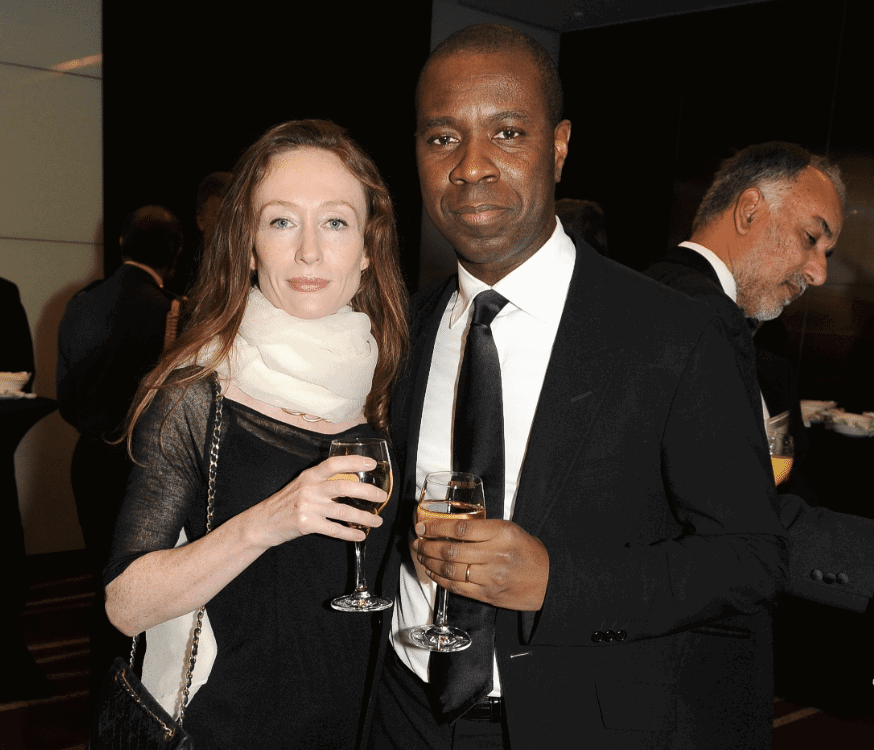
1. Limited Public Appearances Alongside Clive Myrie
Catherine’s public appearances alongside Clive are relatively rare, reflecting her privacy preference.
When she does attend events with him, it’s often for significant occasions such as industry awards or charity functions.
The selectivity of her appearances adds to the intrigue surrounding her private life.
Catherine’s rarity in public appearances contrasts with Clive’s regular presence in the media. This contrast sparks public curiosity and media interest in the woman behind the well-known journalist.
Her poise and elegance at these events have been noted, hinting at a composed and self-assured personality.
2. Media Coverage on Her Unique Career Rather Than Celebrity Status
While Catherine’s marriage to Clive Myrie does attract media attention, this coverage often focuses on her unique career in furniture restoration.
Articles have highlighted her expertise, her dedication to preserving traditional craftsmanship, and the high-profile projects she has undertaken.
The media’s focus on Catherine’s career has helped to establish her as an authority in her field, independent of her status as Clive Myrie’s wife.
This coverage has likely attracted new clients and enhanced her professional reputation, demonstrating how her skills and hard work have earned her recognition in her own right.
Summing It Up
Catherine Myrie’s journey from her early life in the United States to her current role as a successful businesswoman and supportive partner to Clive Myrie is a testament to her resilience, creativity, and dedication.
While much of her personal history remains private, our glimpses into her world reveal a woman who has carved her path, pursuing her passions and building a life that balances personal fulfillment with support for her husband’s dreams.
As she continues to make her mark in the world of furniture restoration and beyond, Catherine Myrie inspires those seeking to craft a life that is truly their own.
So, the next time you see a beautifully restored vintage piece, take a moment to appreciate the skill and artistry behind it – and the remarkable woman who brought it back to life.
Frequently Asked Questions
What Does Clive Myrie’s Wife Do?
Clive Myrie’s wife, Catherine, is an upholsterer and furniture restorer who runs a business restoring antique and vintage furniture.
How Did Clive Myrie Meet His Wife?
Clive Myrie met his wife, Catherine, at the London launch of a book about Swiss cheeses in 1992, when she worked in publishing.


